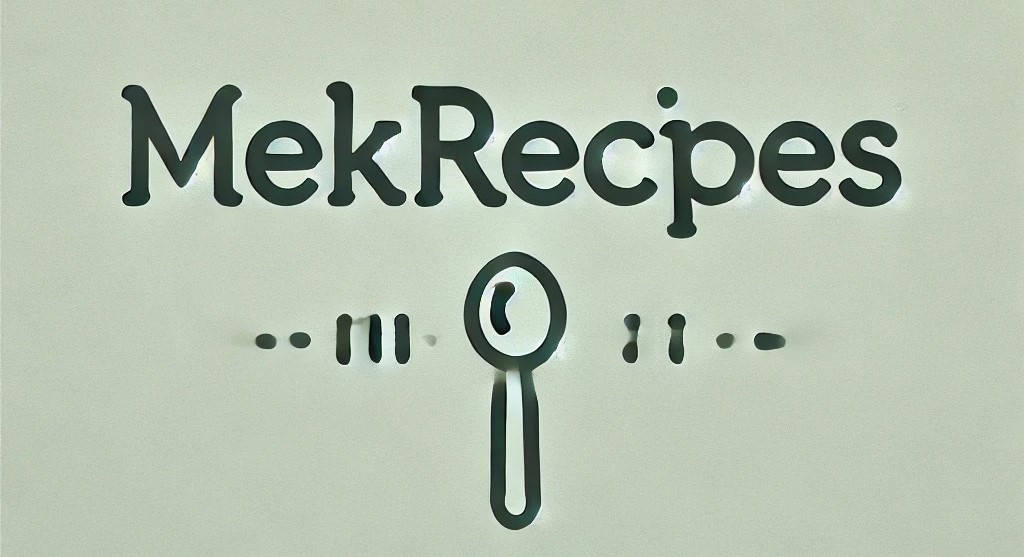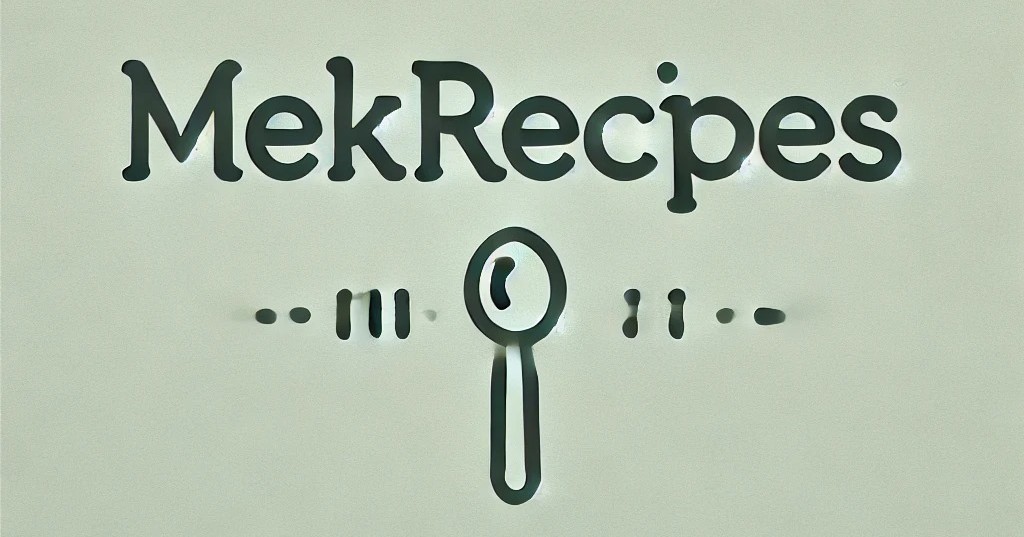At this 12 months’s Self-Service Innovation Summit, hosted by Networld Media Group in Tampa from December 11th of September, I had an opportunity to sit down in on the “Thought chief roundtable: Govt predictions” session, which introduced collectively trade leaders to discover improvements in automation, synthetic intelligence, and buyer expertise.
At this 12 months’s Self-Service Innovation Summit, hosted by Networld Media Group in Tampa from December 11th of September, I had an opportunity to sit down in on the “Thought chief roundtable: Govt predictions” session, which introduced collectively trade leaders to discover improvements in automation, synthetic intelligence and buyer expertise.
Sponsored by Code Manufacturing unit, the panel was moderated by Invoice Stutzman, director of strategic initiatives at Ventus and featured John Laspia, CEO at Kiosk Operators; Ashkan Mirnabavi, Founder and CEO at NextGen Kitchens; and Ishai Reinfeld, Director of Gross sales Operations and Buyer Success at SoundHound AI.
The dialogue offered a complete view of the present panorama and way forward for self-service applied sciences, emphasizing effectivity, personalization, and privateness in buyer and operational settings.
Key takeaways
- Voice as a driver: Voice expertise is changing into a cornerstone of self-service, enabling streamlined, on-brand buyer interactions.
- Effectivity by way of automation: Automation and predictive upkeep are important for optimizing operations and guaranteeing constant high quality.
- Balancing privateness and personalization: Whereas customers demand personalised experiences, privateness issues require considerate implementation of expertise.
- Fast technological evolution: Firms should keep agile to adapt to rising applied sciences and altering shopper expectations.
Voice expertise at heart of AI race
“Voice is crucial half,” mentioned Stutzman as he opened the dialogue. Reinfeld elaborated on SoundHound AI’s efforts to combine voice intelligence into numerous industries, from QSR operations to automotive programs. He highlighted the corporate’s success in powering phone-ordering capabilities for main manufacturers like Church’s Hen and Chipotle.
Reinfeld additionally emphasised that SoundHound AI’s expertise reduces redundancy and stress in customer support environments. “Our focus is admittedly making a streamlined, on-brand expertise,” he famous. Addressing the rise of generative AI, he added, “We can’t afford to hallucinate,” stressing the significance of precision and reliability in voice-enabled programs amid ongoing issues about AI’s capability to generate incorrect info in some responses.
The way forward for meals automation
Mirnabavi, who leads NextGen Kitchens, mentioned the challenges of working multi-vendor areas and the position of automation in optimizing these environments. “We’re contemplating what inefficiencies exist and the way we will construct options to boost the expertise for each clients and workers,” he mentioned. He shared insights on utilizing AI to adapt to materials modifications in meals preparation, resembling monitoring the state of elements to make sure consistency.
Addressing traits in restaurant design, Mirnabavi noticed a shift towards smaller footprints in eating areas. “We’re seeing eating areas shrink, whereas back-of-house operations change into extra environment friendly and numerous,” he defined. Mirnabavi predicted a democratization of kitchen expertise, making it extra reasonably priced and accessible.
Improvements in kiosk expertise
Laspia offered insights into kiosk expertise’s evolution, specializing in buyer expertise and safety. “The shopper’s expertise begins the second they method the kiosk,” he mentioned. He shared a case examine involving school campuses the place kiosks had been designed to serve late-night meals whereas addressing safety issues, resembling limiting supply drivers’ entry to dormitories.
Reflecting on the broader adoption of automation, Laspia famous, “Kitchens have gotten robotic, and the service is changing into extra predictive.” He emphasised the significance of sustaining high quality and guaranteeing that automation enhances reasonably than replaces human interplay, permitting human employees to give attention to extra artistic work (together with hospitality and making company really feel extra welcome), reasonably than merely changing them. And, like a number of audio system on the occasion, he famous the theme of understaffing that has plagued the service and hospitality industries; removed from changing human employees, the vast majority of automation efforts by companies merely seeks to unravel for an absence of individuals within the first place.
Privateness and personalization
The panel additionally addressed the stress between personalization and privateness, an ongoing concern throughout AI improvement from service industries to programmatic DOOH software program.
“Shoppers need hyper-personalized experiences however are more and more cautious about privateness,” Reinfeld mentioned. Mirnabavi echoed this sentiment, including, “We’re utilizing AI to create personalised suggestions primarily based on clients’ historical past with out counting on invasive applied sciences like facial recognition.”
Laspia highlighted the challenges of integrating facial recognition into kiosks, citing a pilot challenge the place public backlash led to its elimination. “Privateness legal guidelines and shopper belief are vital limitations,” he mentioned. Regardless of these hurdles, he expressed optimism about discovering non-invasive methods to boost personalization.
Predictive upkeep and distant monitoring
A recurring theme was the position of predictive upkeep in guaranteeing operational effectivity.
“Operators cannot afford downtime,” Mirnabavi pressured, explaining how NextGen Kitchens makes use of sensors and distant monitoring to stop tools failures.
Laspia added that predictive instruments assist optimize stock and scale back waste, enabling kiosks to ship high-quality meals persistently.
Rising challenges and alternatives
The panel concluded by discussing the fast tempo of technological development and its implications for the self-service trade.
“Know-how is shifting so quick that it is laborious to foretell the place we’ll be a 12 months from now,” Mirnabavi mentioned. Echoing the theme, Reinfeld pointed to the significance of adaptability, stating, “We have to stay nimble and embrace change.”
Seeking to the long run, the panelists envisioned a convergence of AI, automation, and personalization. Reinfeld described a state of affairs the place voice expertise seamlessly integrates with augmented actuality and geolocation to boost buying experiences. Mirnabavi predicted elevated affordability and accessibility of automation instruments, enabling extra companies to undertake modern options.
The session underscored the transformative potential of self-service applied sciences whereas highlighting the necessity for stability between innovation, privateness, and human connection. Stutzman hammered the purpose residence on the conclusion of the session, saying, “Self-service is right here to remain, and the trade’s future can be formed by those that contribute to its progress.”



